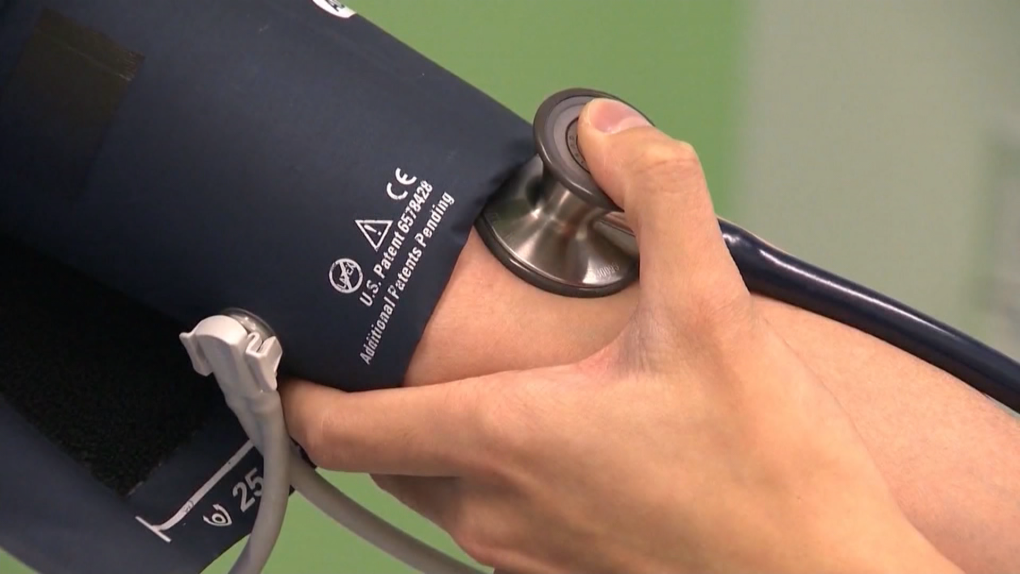Alberta nurse practitioners waiting on government to move ahead with primary care work

Alberta could be weeks away from striking a deal with nurse practitioners, giving residents more access to primary care options.
It was more than four months ago when Adriana LaGrange, the province’s health minister, promised immediate steps to stabilize a struggling primary care system.
Those steps included a nurse-practitioner payment model.
Susan Prendergast, the president of the Nurse Practitioner Association of Alberta, told CTV News Edmonton this week setting it up with the Alberta government has “been a slow process,” adding they received their first offer just last week.
Despite promises from the province clinics would open last month, Prendergast said talks with the health ministry are ongoing.
“From what I understand, there has been a bit of shuffling within Alberta Health specific to who is the lede with primary care,” she said.
It comes as fee guides for existing nurse practitioner clinics surface online, outlining membership fees into the thousands.
“Absolutely there are (fees) because there’s still no way for us to work otherwise unless we are employed by the government,” Prendergast said.
“With the multiple thousands and thousands of Albertans who are unattached and can’t receive primary care, there are clinics that have been charging patients …
“It doesn’t mean that it’s accessible to everybody, for certain. That is one of the challenges of making health care privatized; the fees make it inaccessible for a lot of people, and that is what we’re trying to avoid by making this direct reimbursement model accessible for NPs and Albertans.
“People shouldn’t have to pay for health care.”
LaGrange did not answer CTV News Edmonton’s questions about whether Albertans will be charged under the new deal.
Prendergast said charging patients is the only way for NPs to make money until a deal is reached with the province. She said that won’t stop once a new payment model is in place.
“Government has committed to these clinics to servicing Albertans who require comprehensive primary care,” Prendergast said. “There are many types of care that umbrella term does not include.”
The ability for nurse practitioners to charge for services is something Lorian Hardcastle, an associate professor at the University of Calgary’s Faculty of Law and Cummings School of Medicine, says the province should change.
“There’s nothing to prohibit nurse practitioners from charging fees,” Hardcastle told CTV News Edmonton.
“I think where the concern lies, though, is that people don’t think they should have to pay for basic primary care services, and indeed they shouldn’t.
“I think people are accustomed to paying for certain kinds of health services like dental or optometry … The concern is if people aren’t receiving these basic services is that they’ll end up in emergency rooms or they’ll put off getting health-care services and problems will snowball from there.”
Hardcastle said if the Alberta government wants to offer nurse practitioners as an alternative to family doctors, then Albertans “need that same protection so that (NPs) can’t be privately paid for insured services as we currently have for doctors.”
“The concern where we allow people to pay for basic primary care services is that those who can pay will pay and that those who can’t, who are often already in poorer health, are only going to fall further and further behind,” she said.
“That really is the impetus behind those provisions in the Alberta Health Insurance Act that prevent payment for insured services and in the Canada Health Act. (The acts) focus on patients accessing care based on need rather than their ability to pay.
“We don’t want people putting off obtaining health-care services because they can’t afford them and then getting sicker or having to go to emergency rooms.”
View original article here Source









